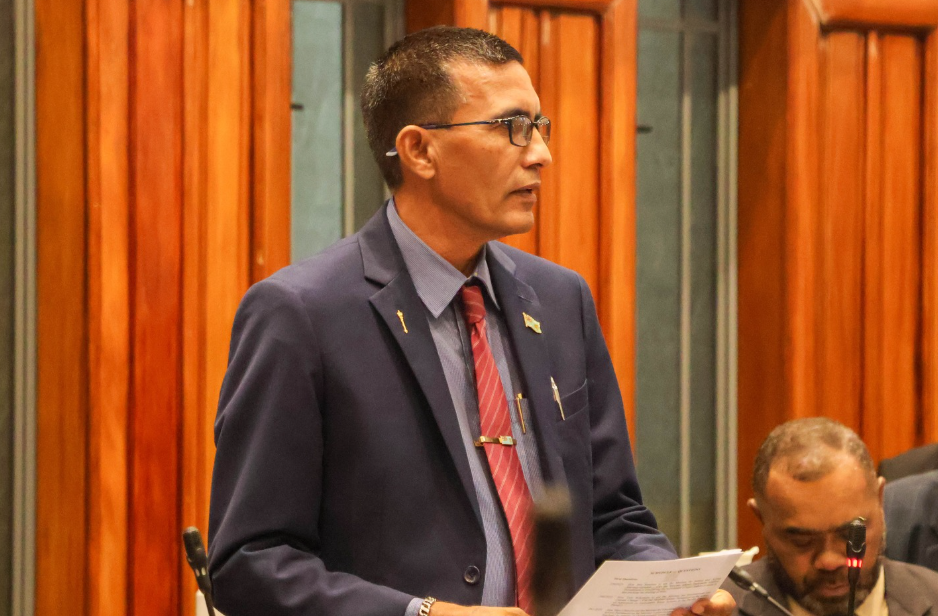Opposition MP Hem Chand has called for stronger clarity and broader representation in the Education Bill 2025, warning that vague definitions and limited stakeholder involvement could undermine the reforms.
Chand told Parliament that while the bill takes a broad approach to education, it lacks a clear definition of special schools, which he argued is essential for equitable implementation.
“While the bill speaks broadly about education, there should be proper definition of special schools,” he said.
“Without a clear definition, implementation will be inconsistent, and many children may be left behind.”
He said special schools must be fully articulated in law, including staff qualifications, standards, programs and funding models.
“The right to education must include the right to special and inclusive education,” Chand said. “This must be recognised as a whole educational right, not an afterthought.”
Chand also highlighted early childhood education (ECE) as a critical area requiring stronger representation in the new structures.
“There should be representation of the head of the Early Childhood Education Association,” he said.
“Early childhood is the most critical stage of learning. Consideration should be given to ensuring this sector is properly represented in decision-making.”
He expressed concern that the proposed advisory bodies are dominated by government authorities, lacking adequate voices from those working on the ground.
“The advisory bodies appear dominated by government authorities,” Chand said.
“Consideration should be given to teachers, school management and parents, so they have a real voice and not merely token representation.”
Chand further argued that key tertiary institutions must be recognised within the framework of the bill.
“Institutions such as the Fiji National University and the University of the South Pacific should be included or recognised,” he said.
“These institutions shape our workforce, our research capability, and our national innovation capacity.”
He emphasised that technical education providers such as TAFE should remain independent, with their own governance structure and funding.
“They should be independent and not placed under FNU,” Chand said.
“Technical education requires its own governance structure, identity and budgeted support.”
Chand concluded by saying that teacher training institutions are underrepresented, and the bill should mandate their involvement.
“At present, teacher training institutions appear unrepresented,” he said.
“Consideration should be given to mandating at least two representatives from teacher training providers.”



